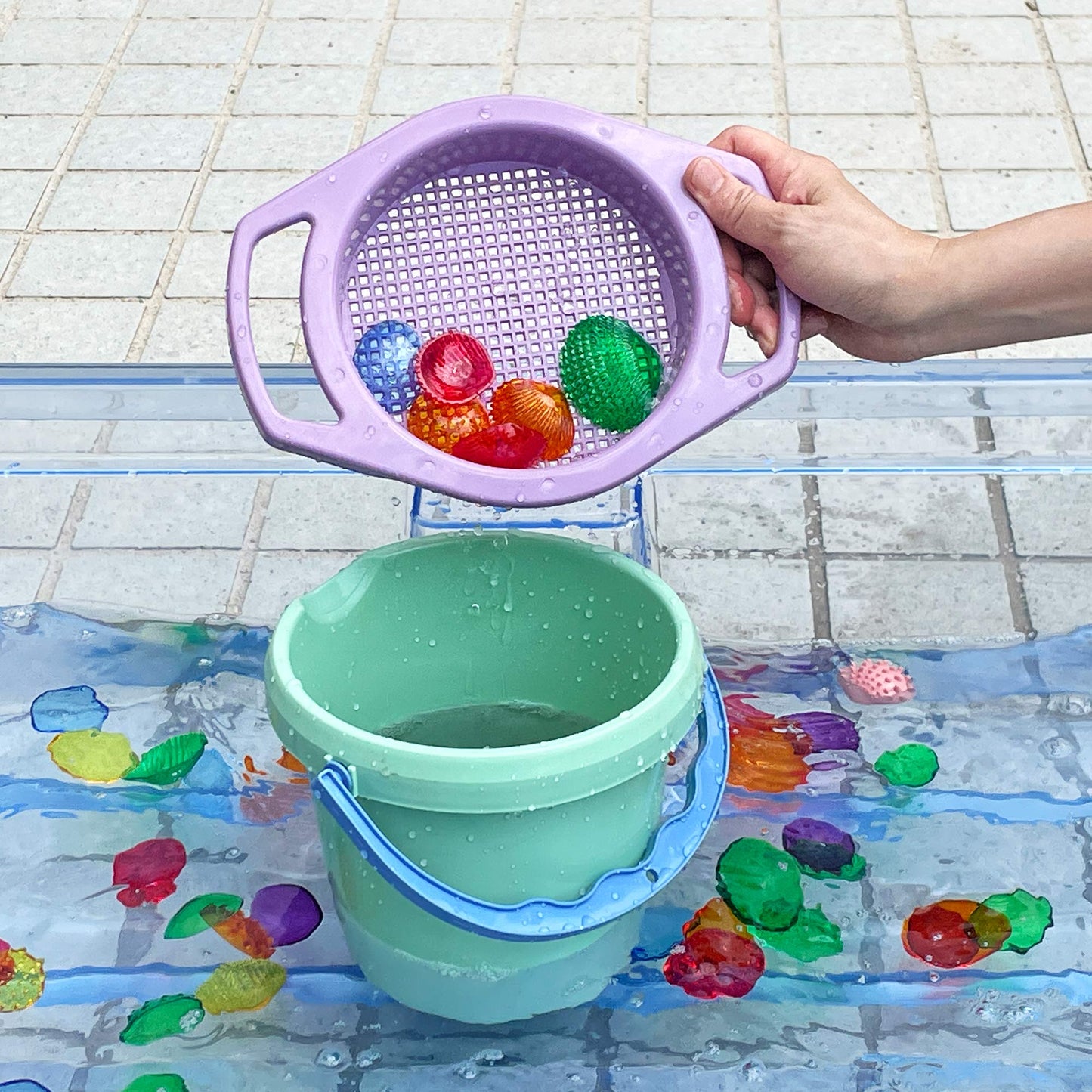
In schools across the UK, children with additional needs are often provided with Independent Learning Plans (ILPs). These tailored strategies are designed to ensure every child has the opportunity to thrive academically, socially, and emotionally. As caregivers and parents, it can be daunting to navigate the world of ILPs and understand how to support your child effectively at home. At Edx Education, we believe play-based learning is an essential tool for complementing these plans, fostering emotional resilience, and developing happy, confident children.
What Are Independent Learning Plans?
Independent Learning Plans are structured frameworks used by schools to address the specific learning needs of children with additional challenges. Whether a child has autism spectrum disorder, ADHD, dyspraxia, or other learning differences, an ILP outlines clear objectives and strategies to help them achieve developmental milestones. These plans often include goals for academic skills, social interactions, and emotional regulation.
However, ILPs are not just about ticking boxes at school. They are most effective when integrated into a child’s everyday life, where learning becomes a continuous, enjoyable experience. And that’s where play-based learning can be transformative.
Why Play-Based Learning Works
Play is a natural way for children to explore the world, build skills, and develop resilience. For children with additional needs, play-based strategies can make learning feel less overwhelming and more accessible. When children engage in play, they can practice problem-solving, develop fine and gross motor skills, and learn social cues in a stress-free environment. Most importantly, play can build emotional resilience, helping children face challenges with confidence and persistence.
At Edx Education, we’ve seen firsthand how our toys and resources can support play-based learning. From construction sets to sand and water play, our products provide open-ended opportunities for children to explore, create, and grow—all while aligning with their unique needs and ILP goals.
Strategies to Support Learning Through Play
-
Encourage Independent Thinking with Construction Toys
Construction toys like Edx Education’s Linking Cubes and MyGears® are excellent tools for developing problem-solving and critical thinking skills. Children can experiment with building structures, designing machines, or creating patterns, all while enhancing their cognitive abilities. These activities are particularly beneficial for children who need extra support in spatial reasoning or logical thinking.
To align with an ILP, parents can set specific challenges, such as building a tower of a certain height or recreating a design from a picture. This approach allows children to achieve small, measurable goals, boosting their confidence and sense of accomplishment.
-
Promote Emotional Regulation with Sensory Play
For children who struggle with sensory processing or emotional regulation, sand and water play can be incredibly calming. Edx Education’s Sand and Water Play sets offer opportunities for children to explore textures, practice pouring and measuring, and engage in soothing repetitive motions. These activities not only improve fine motor skills but also provide a safe space for children to process their emotions.
Try setting up a sensory station at home with tools like funnels, cups, and moulds. Encourage your child to describe what they’re doing and how it feels, which can help with speech and language development as well.
-
Build Social Skills with Collaborative Play
Social interactions can be challenging for children with additional needs. Play-based activities that encourage collaboration, such as role-playing games or group projects, can help children practice taking turns, sharing, and communicating effectively. Edx Education’s Rainbow Pebbles® and Dancing Ribbons are great tools for encouraging imaginative play and teamwork.
Create scenarios that align with your child’s ILP goals, such as acting out a story or solving a puzzle together. Celebrate their successes and gently guide them through challenges to build their confidence in social settings.
-
Foster Curiosity and Creativity
Open-ended play is a wonderful way to ignite a child’s natural curiosity. Toys like Edx Education’s Math Cubes and Hundred Board Activity Set can be used in countless ways to explore numbers, patterns, and problem-solving. These activities encourage divergent thinking, which is vital for children’s cognitive development and emotional resilience.
For example, you might challenge your child to create their own math game or use cubes to represent a story they’ve read. These activities allow children to approach learning in a way that feels exciting and personal.
The Role of Caregivers and Parents
As a caregiver or parent, you are your child’s first and most important teacher. By integrating play-based learning strategies into your daily routine, you can help bridge the gap between school and home, making the goals of an ILP more achievable.
Edx Education also offers a range of downloadable resources and the podcast Play, Learn & Create with Edx Education, which provides expert advice and practical tips on supporting your child’s learning journey. These tools can inspire new ways to incorporate play into your child’s routine and help them thrive.
Independent Learning Plans are a powerful tool for supporting children with additional needs, but they are most effective when combined with joyful, play-based learning at home. By using Edx Education’s toys and resources, you can create meaningful play experiences that align with your child’s unique goals, fostering their emotional resilience and love of learning.
Remember, the key is to make learning enjoyable and empowering. With the right strategies and tools, you can help your child develop into a confident, happy, and resilient learner, ready to take on the world one playful moment at a time.
